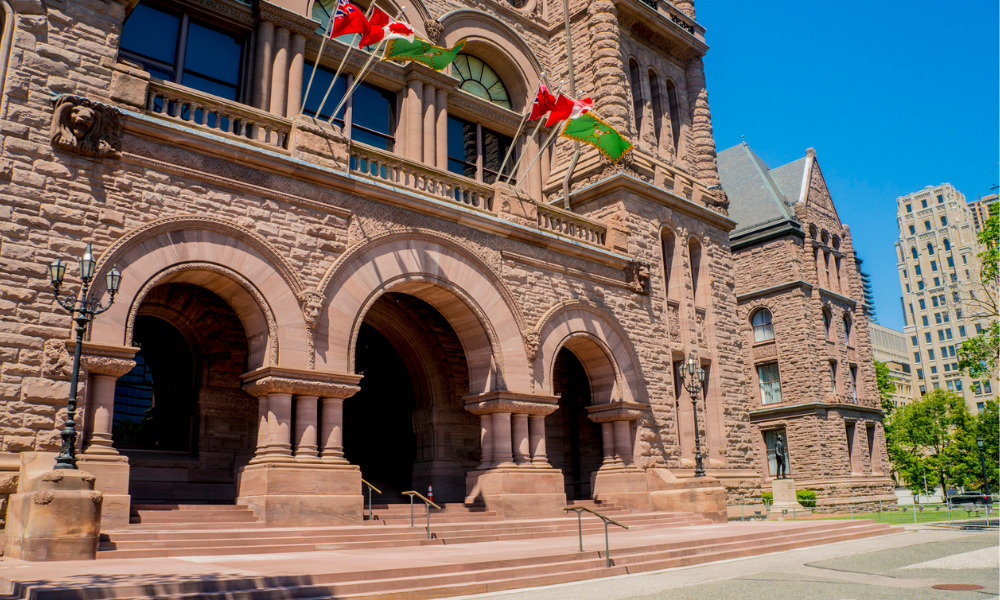
Efforts to build upon province’s $307 million anti-human-trafficking strategy

Ontario has introduced the Combatting Human Trafficking Act, the Anti-Human Trafficking Strategy Act, 2021 and the Accommodation Sector Registration of Guests Act, 2021 as a part of its commitment to address the pervasive crime of human trafficking.
“This tough new legislation builds on our Anti-Human Trafficking Strategy we introduced nearly a year ago, giving law enforcement additional tools to help prevent and deter human trafficking,” said Premier Doug Ford in the news release.
The new laws, as well as proposed amendments to the Child, Youth and Family Services Act, 2017 and the Prevention of and Remedies for Human Trafficking Act, 2017, seek to more effectively safeguard victims, to assist survivors and to increase the resources for putting a stop to traffickers, said a news release dated Feb. 22 from the Office of the Premier.
“These legislative changes, if passed, will reinforce the strategy’s key objectives of supporting survivors, protecting children and youth, raising awareness among parents and community partners as well as dismantling criminal networks,” said Sylvia Jones, Ontario’s solicitor general.
More specifically, the proposed changes aim to advance Ontario’s long-term response to the crime, to stress that Ontarians should do their part in fighting against the crime, to assist children’s aid societies and law enforcement in supporting exploited children, to help Indigenous and other survivors and those who support them in applying for restraining orders against offenders and to enhance the collection of non-personal data from relevant entities such as taxi and ridesharing businesses and hotels for an improved understanding of the effects of the human trafficking strategy.
If passed, the changes will also equip law enforcement with the tools needed to find victims and to charge traffickers through raising the penalties for traffickers interfering with a child in the care of a children’s aid society, through specifying how and when police can access certain information for the identification and location of victims and through obligating businesses advertising sexual services to provide a contact who will support suspected human trafficking investigations.
“Our government continues to support the work of police and prosecutors to target the criminal networks that prey on and profit from young and vulnerable people in our communities,” said Doug Downey, Ontario’s attorney general.
The Anti-Human Trafficking Strategy Act, if passed, will require Ontario to regularly review and update its strategy to combat the crime, will establish regulation-making authority to impose certain obligations on persons or entities coming into contact with human trafficking victims and survivors and will allow for the imposition of fines for those breaching regulatory requirements.
The proposed Accommodation Sector Registration of Guests Act, which may replace the Hotel Registration of Guests Act, aims to improve the collection of information in hotel guest registries for the better deterrence of human trafficking and to significantly increase fines for failure to keep a guest register and other violations.